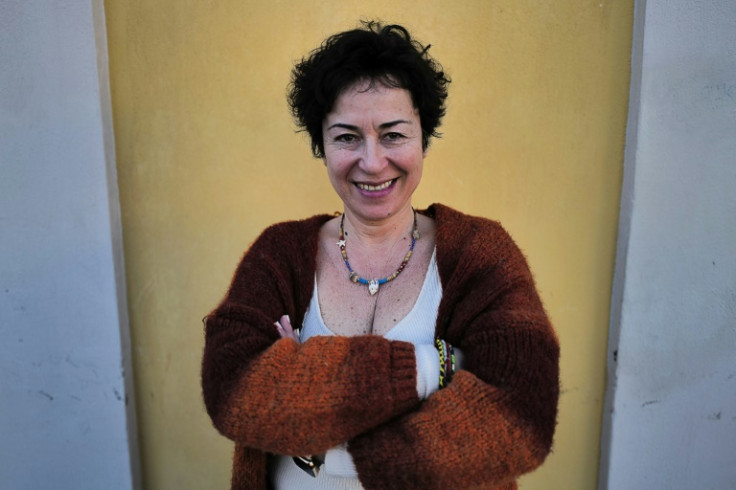Turkish Exile Faces Fifth Trial Over Deadly 1998 Blast

A Turkish dissident sociologist who lives in self-imposed exile in France goes on trial in absentia Friday over a deadly 1998 Istanbul explosion, a charge she has been cleared of four times.
Pinar Selek, 51, is best known for her ground-breaking research on the Kurdish conflict in Turkey and work with street children.
An avowed feminist and prolific author, Selek was first arrested in 1998 while studying Turkey's Kurdish community, which has faced decades of persecution.
She was accused of links to the outlawed Kurdistan Workers' Party (PKK), listed as a terror group by Turkey and its Western allies.
Selek had been interviewing PKK members to find out why they had chosen armed violence. She was jailed after refusing to divulge their names to the police.
She was eventually charged in connection with a blast at Istanbul's popular spice market that killed seven people and injured dozens.
Selek was released in 2000 following the publication of a report blaming the blast on a gas leak.
But her legal problems were only starting, with a series of more trials in the highly controversial case.
She fled Turkey in 2008, settling in Germany before relocating to France, where she gained citizenship in 2017.
Selek is due to follow Friday's hearing at Istanbul's main courthouse from the Human Rights League in Paris, which she called "a historic venue for those who fight for justice".
The League was created in 1898 to defend captain Alfred Dreyfus, a Jew wrongly convicted of treason.
Although her court battles began before President Recep Tayyip Erdogan's rise to power two decades ago, Turkey today is under fire from human rights campaigners for jailing activists and political foes.
"You never get used to injustice," she told AFP earlier this month.
Selek has been acquitted four times by Turkish courts -- in 2006, 2008, 2011 and 2014 -- based on a lack of evidence that the Istanbul market blast was a bomb attack.
But each time, the supreme court annulled her acquittal and ordered a retrial.
Turkey issued an international arrest warrant for Selek in January.
She faces life in prison without the possibility of parole, a sentence that could keep her from ever returning to Turkey.
The PEN International organisation promoting freedom of expression said Selek's prosecution was linked to her work as a sociologist focusing on minority rights.
It called on Turkish officials "to end their decades-long harassment of Selek and to unconditionally drop all charges against her".
© Copyright AFP 2025. All rights reserved.





















